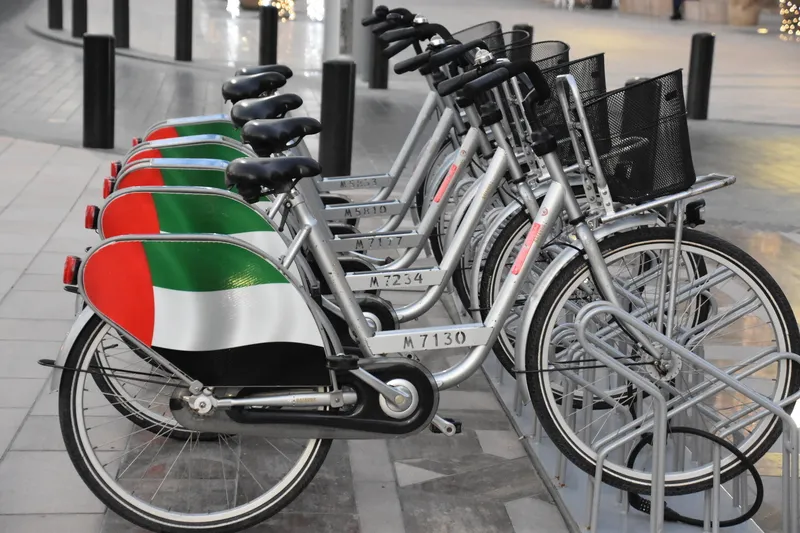Aecom is to begin a 22-month plan to develop an integrated, multimodal transport plan for Sharjah, which will lead to the development of a new transport strategy and suggested schemes for implementation until 2030.
The company has landed a US$4m contract from the Sharjah Directorate of Public Works and Sharjah Transport to create a new Sharjah transport master plan, aimed at slowing the growth of car traffic both through and within Sharjah as well as fostering a shift towards a greater use of public and
October 9, 2013
Read time: 1 min
The company has landed a US$4m contract from the Sharjah Directorate of Public Works and Sharjah Transport to create a new Sharjah transport master plan, aimed at slowing the growth of car traffic both through and within Sharjah as well as fostering a shift towards a greater use of public and collective transport systems.










